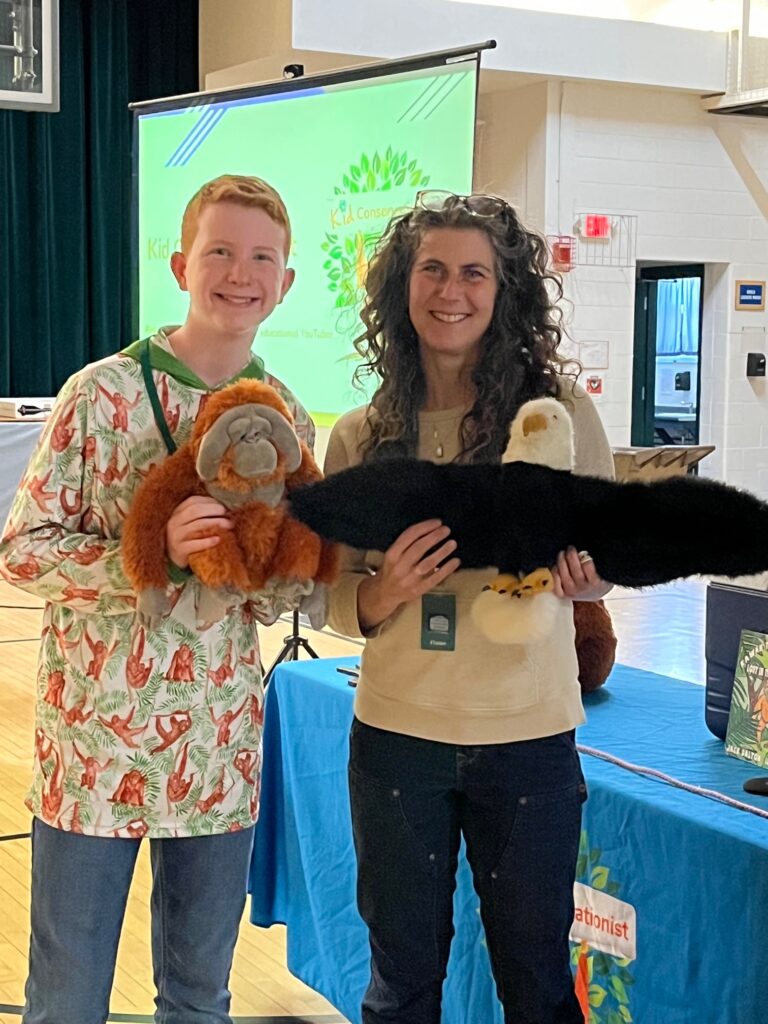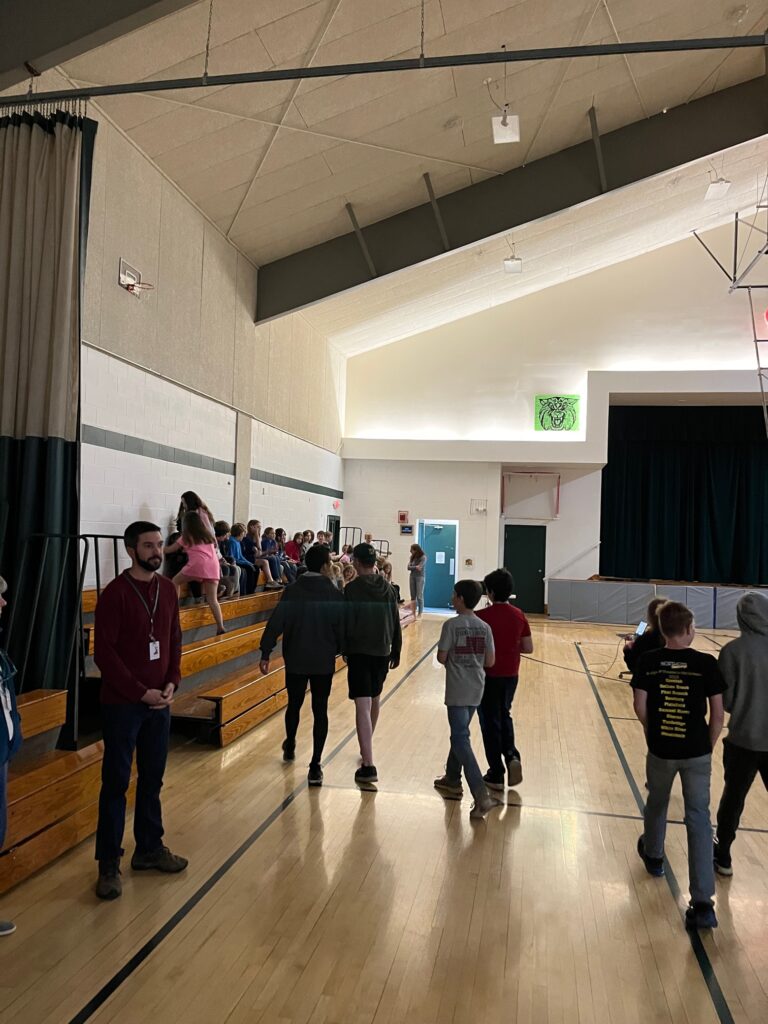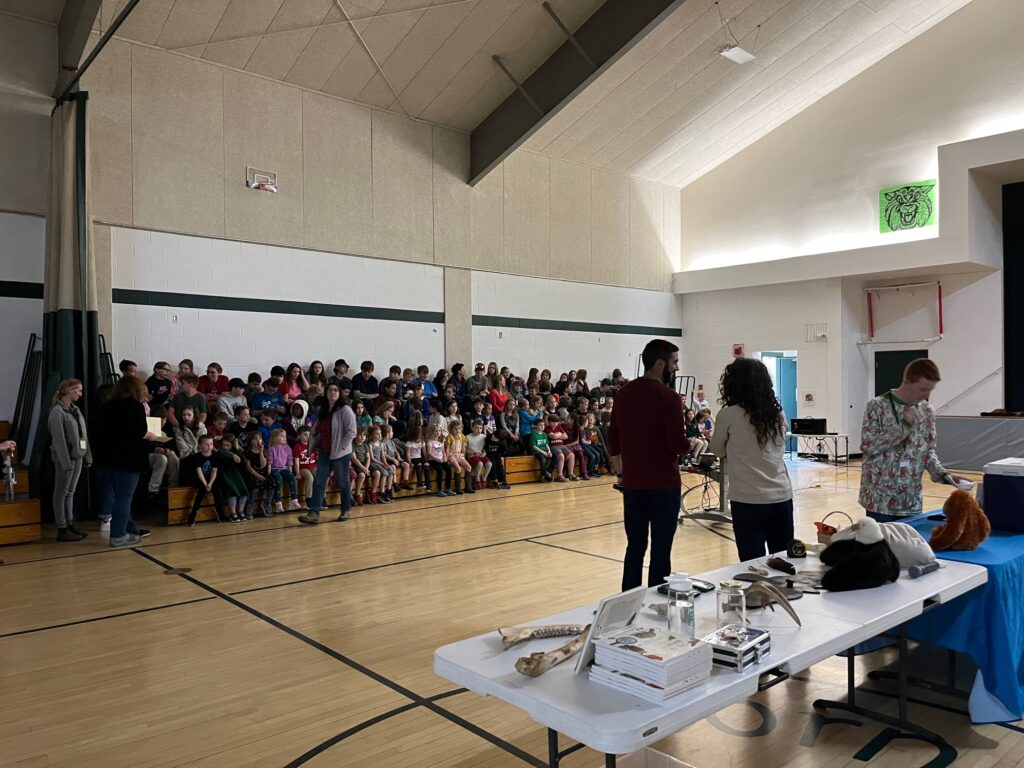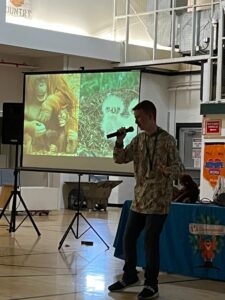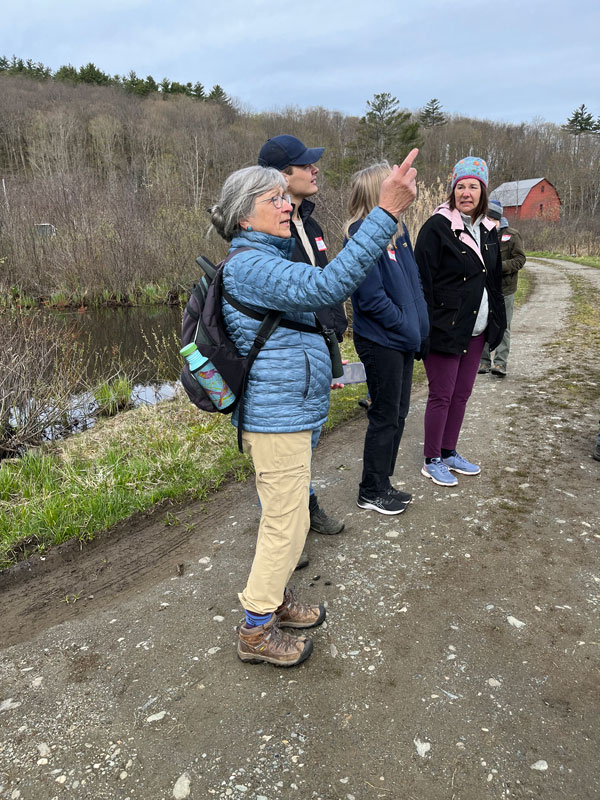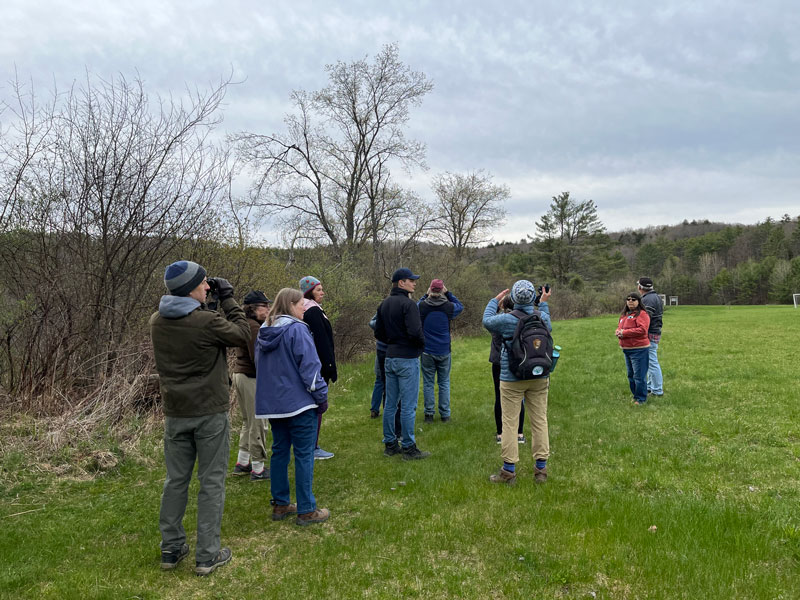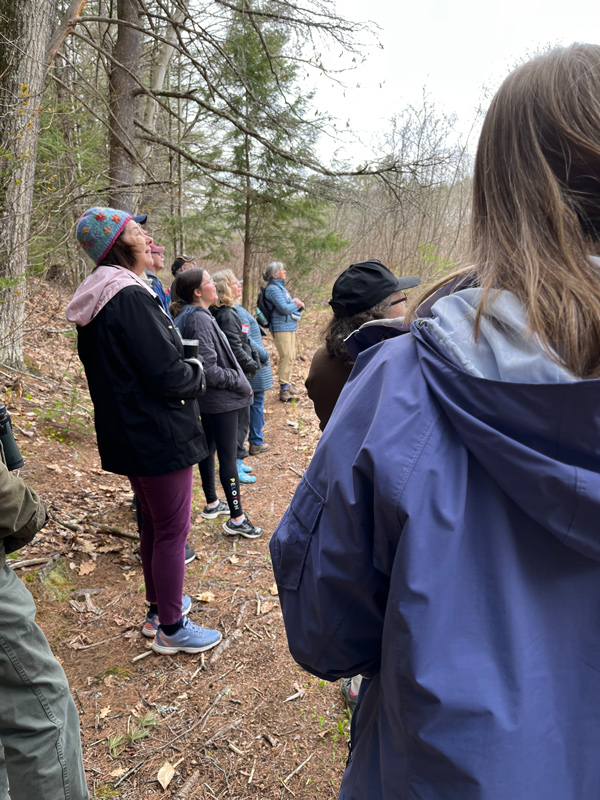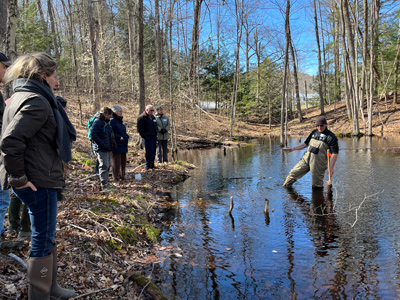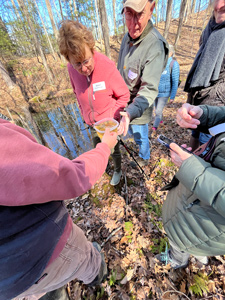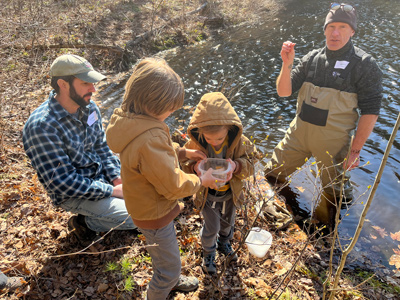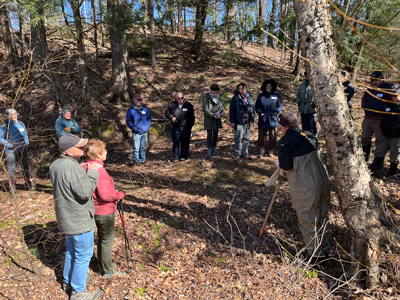Conservation Commission Past Events
The Cornish Elementary School and the Cornish Conservation Commission welcomed speakers Jack Dalton (age 13) and Susie Spikol to an all-school presentation on June 9, 2023. For an hour Jack, the “Kid Conservationist,” and Susie Spikol, an environmental education specialist, engaged Cornish students, teachers and 4 Winds volunteers by sharing the stories of their individual roads to learning about and loving the natural world. Both were inspired from an early age just like our Cornish students!
Jack shared his passion for saving the orangutan in the wild and introduced the students to his book that raises money to plant trees in the rainforest.
Susie’s fascination is being in the field with children and translating her experiences in the classroom and field to a wider audience through her books for children.
The students were asked to consider the orangutan and the bald eagle, and determine which they might rather be. A survey at the start of the program proclaimed the eagle as the most popular choice, but by the end of the program (and significant enthusiastic audience participation), and a fun-spirited “competition” which consisted of Jack and Susie presenting wonderful facts and information about these two awesome animals, the orangutan emerged as the new top choice!
What a fun learning time for all! Susie hopes to return in the fall and join the 4 Winds team with hands-on experience for the lower wing students. Jack’s and Susie’s books are now in the Cornish Elementary library, the Stowell Library, and available online:
- Kawan The Orangutan Lost in the Rainforest, Jack Dalton
- The Animal Adventurer’s Guide, Susie Spikol
